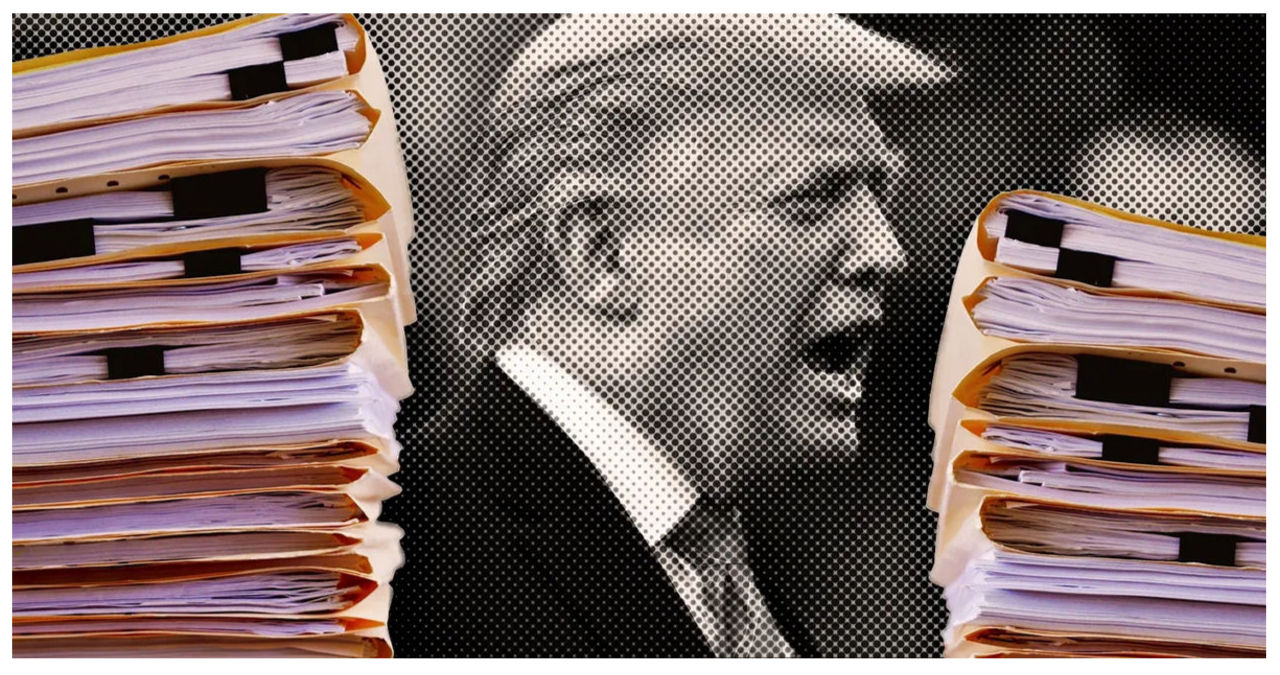U.S. District Judge Aileen Cannon, who is presiding over the case involving Donald Trump’s classified documents, has scheduled a hearing for Thursday to address the former president’s motions to dismiss the case.
The upcoming hearing will center around the motion filed by Trump, seeking to dismiss the classified documents counts 1-32 on the grounds of unconstitutional vagueness. Additionally, Trump, along with Nauta, has also filed a motion to dismiss the superseding indictment based on the Presidential Records Act. Hugo Lowell of The Guardian reports that this indicates that Judge Cannon may be looking to determine whether to allow subsequent evidentiary hearings as requested by Trump, but opposed by the Special Counsel.
Special counsel Jack Smith dismissed President Trump’s assertion that he had the authority to classify government records as personal under the Presidential Records Act.
According to Smith, the classified documents in question are clearly of presidential nature and not personal. He argues that Trump did not have the authorization to possess any classified records. Smith’s filing also dismisses any claims to the contrary.
In a thought-provoking analysis, MSNBC legal analyst Lisa Rubin raised doubts about Cannon’s decision to choose the Presidential Records Act motion and another motion focusing on the constitutional vagueness of the first 32 counts in the indictment. This choice was made from a total of seven motions submitted by Trump’s team.
Rubin questioned why she chose those particular grounds. One possibility is that she wants to dismiss the case, but not on the basis of constitutional immunity. There seems to be a fear that if the Supreme Court were to uphold the DC Circuit, she wouldn’t be able to go against it because it would lead to her being overturned.
Rubin explained that she is likely searching for another reason to dismiss the case. He dismissed the argument based on the Presidential Records Act as frivolous and compared it to the ‘Clinton socks case’ that involved audio tapes made by Bill Clinton with a biographer. He clarified that the reasoning in the ‘Clinton socks case’ was different, as the judge considered the tapes more like diaries, which are exempt from the President Records Act. Rubin expressed curiosity about how the argument would unfold on Thursday and questioned the specific choice of these two motions.



